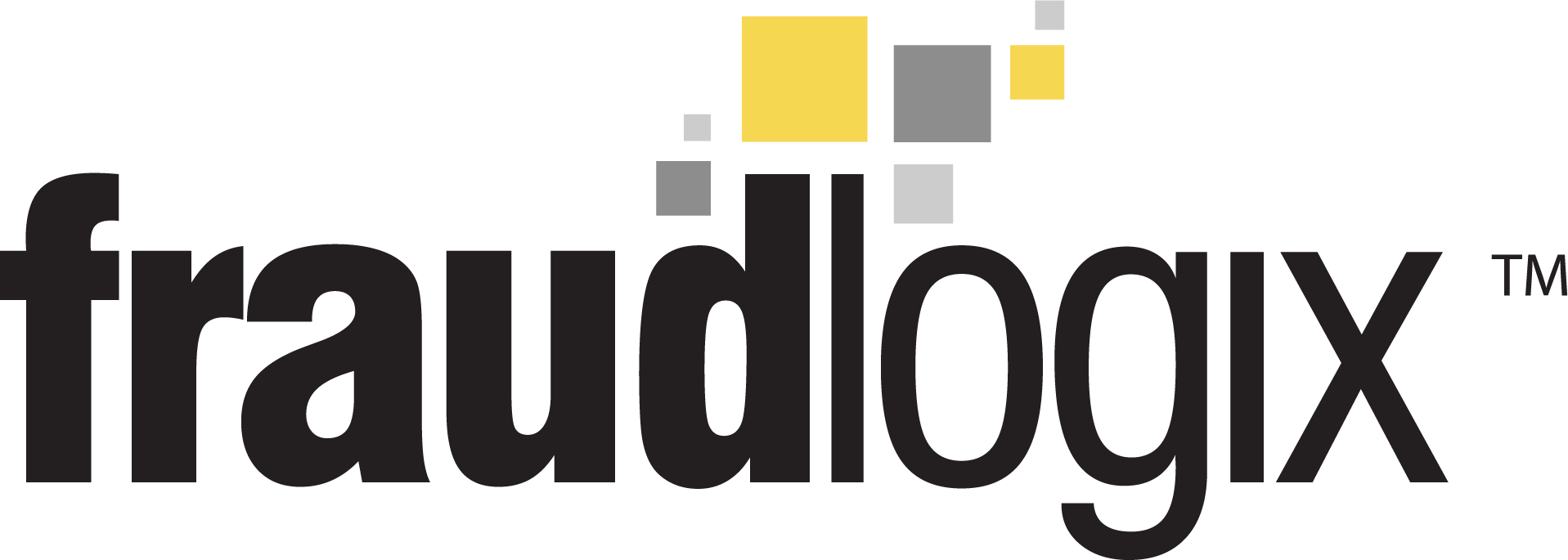Top News in Tech: Apr ’24
|
The iGaming industry has had to focus on a number of changes in the area of affiliate marketing – as a result of regulatory and advertising changes. (Wladimir P./European Gaming) |
|
While the situation remains fluid, the possibility of a major platform like Tik Tok disappearing has Affiliates and Affiliate Managers scrambling to understand the implications. (Emma Roberts at Affiverse, Lisa Riolo at Impact.com, Jim Nichols at Exclamation Marketing) |
|
The responsibility to protect one’s brand from bad actors has always existed. With the commercialization of the Internet over 20 years ago, the importance of brand protection has been ever-growing. (Phil Lodico at GoDaddy Corporate Domains/Forbes) |
|
If Alphabet were to buy HubSpot, it would come with a hefty price when interest rates are high. Experts discuss what HubSpot assets might interest Google’s parent company most. (Don Fluckinger/TechTarget) |
|
X, formerly Twitter, is once again telling advertisers it’s serious about brand safety. Cue the eye rolls and déjà vu from marketers who’ve been on this merry-go-round since Elon Musk’s reign began in 2022. (Krystal Scanlon/Digiday) |
|
Two entities within Madison Avenue giant Interpublic Group have been named defendants in a court case in which plaintiff Adstra alleges that Kinesso and Acxiom conspired to develop a competing identity-resolution product unfairly. (Ronan Shields and Michael Bürgi/Digiday) |
|
Connected TV supply paths are anything but stable. TV inventory shrinks as supply paths proliferate, and programmatic platforms are disintermediating each other despite claiming not to. (Alyssa Boyle/AdExchanger) |
|
Creator earnings are predicted to rise by 16.5% in 2024, new data by Emarketer found. Even though brand deals are still the main source of income, affiliate marketing is on the rise. (Shriya Bhattacharya/Business Insider – Subscription Required) |
|
Publishers are seeing how much more valuable authenticated audiences are compared to random passersby visiting their sites. (Kayleigh Barber/Digiday – Subscription Required) |
|
Forbes for years ran an alternate version of its website where it packed ads that were intended to run on Forbes.com, another sign that brands don’t always get what they pay for in the opaque digital-advertising market. (Patience Haggin/WSJ – Subscription Required) |
|
Basis Technologies found that for campaigns where identity was harder to trace, conversions were likely to be lower. The clandestine swapping out of IDs in cookieless environments without consent hampers the campaign performance, data shows. Go figure. (Catherine Perloff/Adweek – Registration Required) |
|



